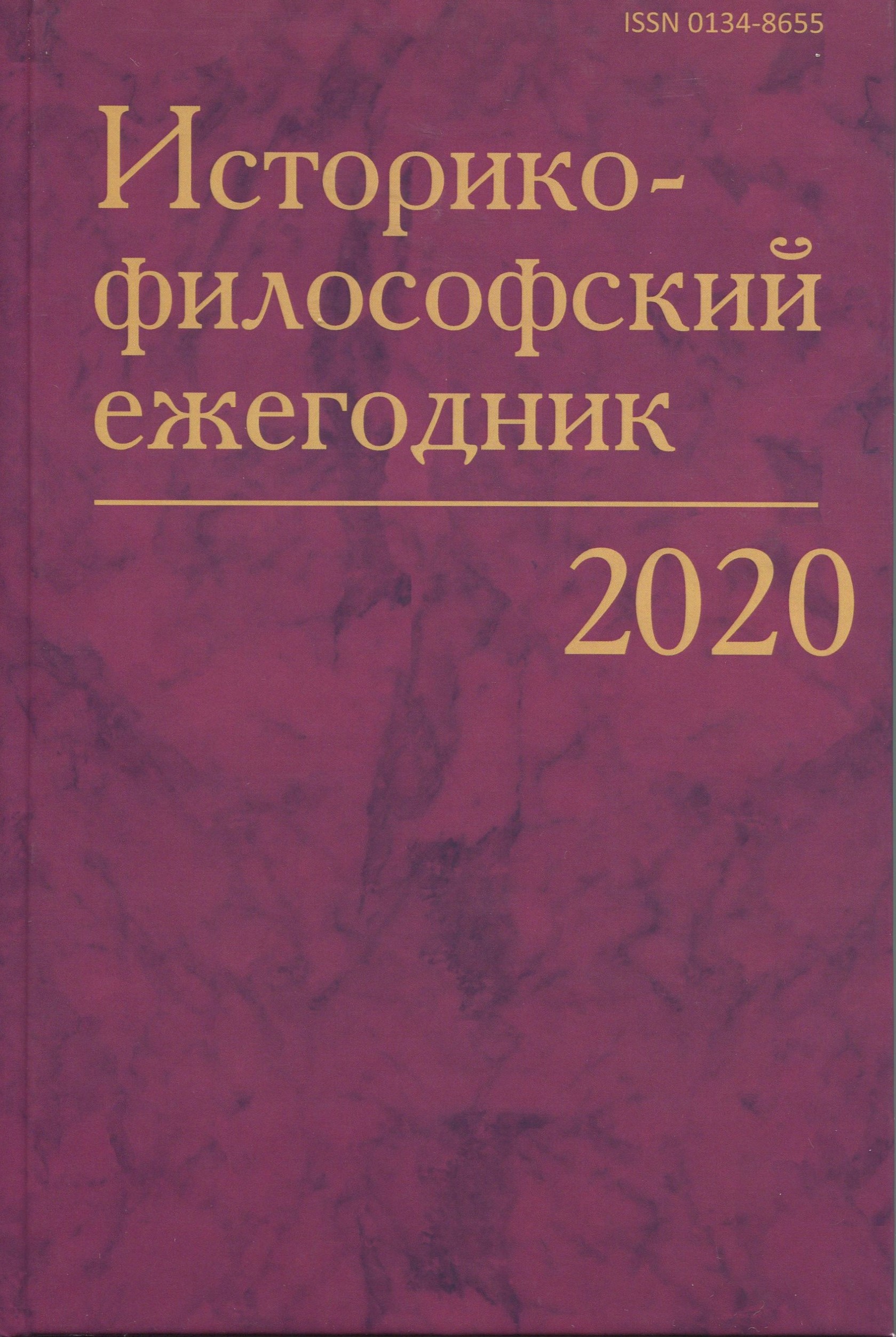From Leviathan to Civil Society
Keywords:
Hobbes, Rousseau, Social contract, state, community, sovereign, citizens, subjects, rights, freedoms, propertyAbstract
The author of the article aims to better disclose the content of the concept of a social contract, first introduced in the Leviathan by Thomas Hobbes. Criticism of Hobbes's views by contemporary researchers is briefly examined (T. Parsons, Q. Skinner, E.Yu. Soloviev). J.-J. Rousseau, who developed the principles of the social contract, explained the emergence of the state by the need to introduce private property. This is no longer a sovereign state with subjects, but a civilian community with citizens who, thanks to the agreement, become parts of a common will. It is the citizens who pass laws in their forums and establish private property; it is the civilian community that has sovereignty. Equality of citizens in all spheres of life is due, according to Rousseau, to equal property, therefore only those government measures that prevent too large differences in the size of property are recognized as legal. A small part of the article is devoted to modern theories of justice and relative justice by J. Rawls and M. Walzer, who drew attention to the initial inequality of the possibilities of people and the ways to overcome it. The author of the article points out the difficulties associated with acts of sovereignty, i.e., with acts of adoption of laws in the teachings of Rousseau. The legislator proposing laws and the people adopting them are in complex antinomic relationships: the unenlightened people do not understand the meaning of the proposed laws, and the legislator cannot explain it, because it is ahead of its time. Rousseau does not resolve this antinomy as well as he cannot recognize common sense as a reliable way of managing society. The analysis of some modern concepts of social structure – of J. Habermas and V. Bibler – forces us to recognize Rousseau as our contemporary, with whom we are now engaging in dialogue on the most important problems of current development

